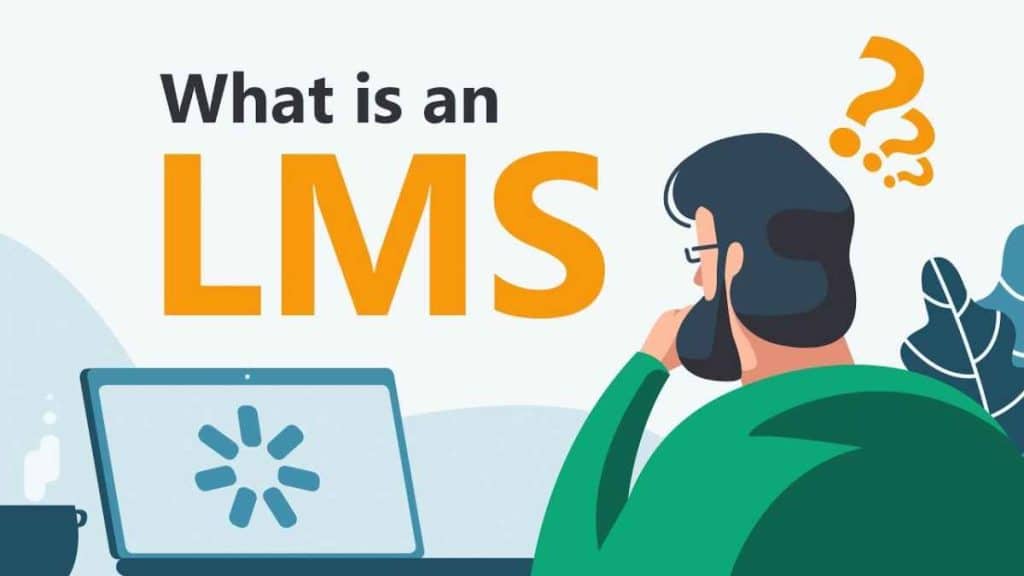LMS, short for Learning Management System, is a specially designed software used by companies worldwide for the development, and effective tracking of employee training processes. Previously, an LMS was an entirely educational platform used by schools and universities exclusively. With the growing sectors, LMS came to be used in corporate training thanks to its user-friendly and flexible benefits. Here is all you need to know about LMS and how it can benefit your work.
A simple definition
An LMS could be a software-based or a SaaS platform designated to support the administration, automation, and delivery of training and development programs in any possible field or sector. It also allows effective tracking and management of resources. One can quickly address and provide to an extended population through such LMS platforms, as it allows for flexible access and availability of learning material.
How does it help?
Current learning management systems can be accessed from any device and easily interchanged from one format to another. As it can easily be modified to cater to the user’s specific needs, it becomes a fundamental part of effective learning, especially in the form of a corporate LMS, where the users are often in a crunch for time. Such easy access across devices and multiple platforms make it ideal for extended learning and corporate training within the firms.
Further, LMS is being updated with every passing day to accommodate the concerns and needs of the growing training systems and programs, with specialized teams functioning towards the same goal. The advanced techniques are curated to maintain order and support data collection and other activities like gamification and mobile learning, where the same platform can be accessed from various devices, thanks to its compatibility.
Go the extra mile
Online learning platforms that use LMS to empower them often extend the horizon of a general system. These improved LMS systems operate with extensive features like skill development and enterprise management with AI assistance. By fostering the power of ai within the LMS system for training, one can analyze the individual behavior of the learners.
This allows for developing personally modified training programs and goals that match individual skills and goals perfectly.
With such personally developed, unique training programs, learning becomes faster, with improved efficiency and practicality. Ultimately, the result is observed notably in the improved productivity and profits of the business.
Components of an LMS
An LMS consists of two parts.
- An admin interface that functions as the core office of the training manager. This center is where the primary organization is taken care of. The admin interface handles all the tasks involving resource management and user organizing programs. This includes creation, management delivery, enrolment, and report analysis of all training programs offered under the LMS. The admin is also responsible for maintaining a meticulous record of the activities and their progress.
- The other part is the user interface, which functions within the browser. This is the part to which the users and learners have access and make contact with the admin for enrollment and assignments to a course.
The essential functions of an LMS
LMS is a comprehensive tool that provides adequate space for resource consolidation, extended learning through application, and collaborations from all over the world. It provides a global platform focused exclusively on learning and development. Here is how you can make the best out of your LMS experience.
1. Employee training
Irrespective of your scale, an LMS is the best way to improve the training and developmentof your team. Through an LMS, you can easily transcend all the restrictions and disruptions you experience with traditional learning systems, especially with time management and the availability of resources.
2. Easy onboarding
An LMS allows for the automation and simplification of all processes involved within your firm. By providing nine resources and training features for all available work processes, your new hires can be trained conveniently at their own pace, with the additional benefits of educating them about company policies and guidelines simultaneously.
3. Remote training and support
With learning software systems that mainly depend on online forums for education, the geographical barrier is no longer existent. Especially for multinational companies, extending across nations, this feature is a massive win, as it allows for extended discussion and collaborations among teams spread out across countries.
Most LMS platforms allow multiple users to access a single file from multiple devices, allowing all the team members to discuss and modify their result documents with ease collectively.
Conclusion
To wrap up, the benefits offered by LMS are limitless, especially with corporate training and continuous learning, which continues throughout one’s career. A corporate LMS system also allows you to cut down on training costs exponentially, with zero compromises on the quality of the programs. Using an LMS can be much more efficient than your conventional system, as it provides additional features for effective management and monitoring of the learning process.
